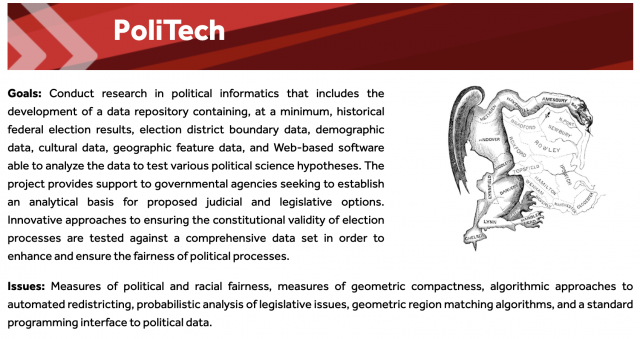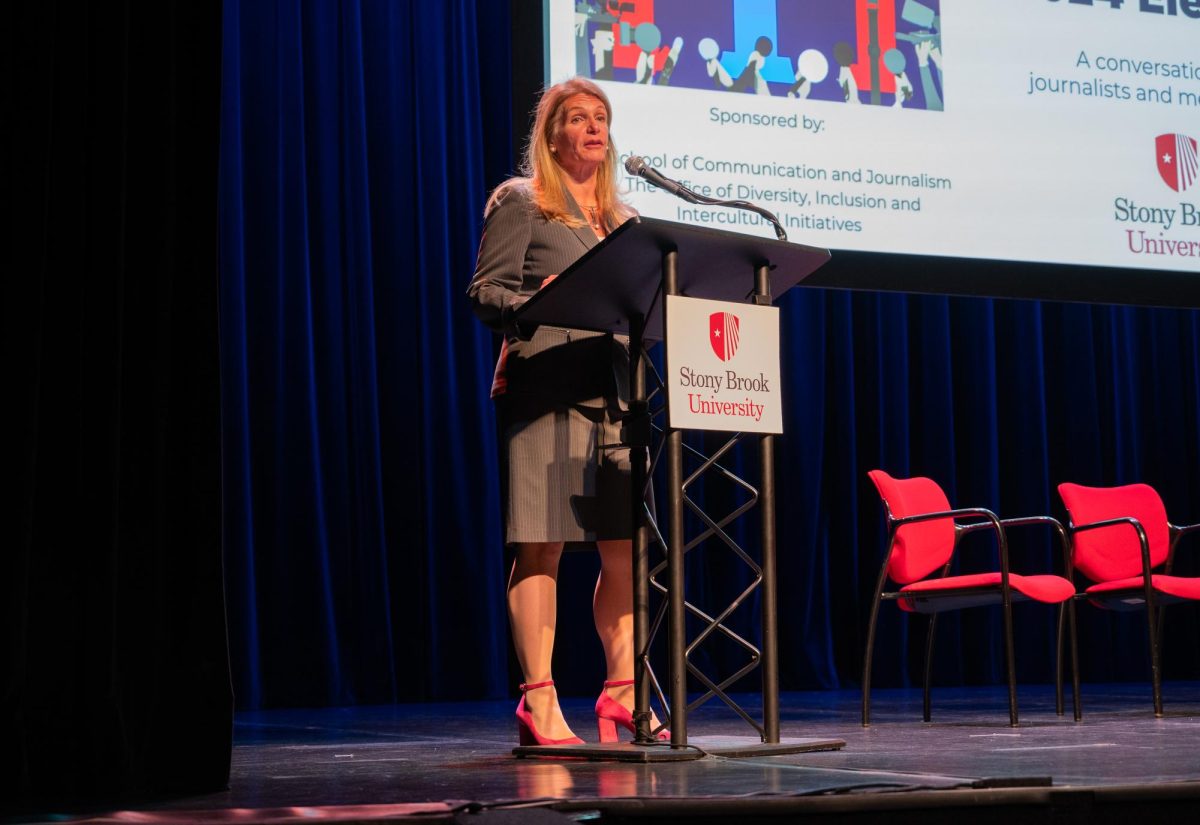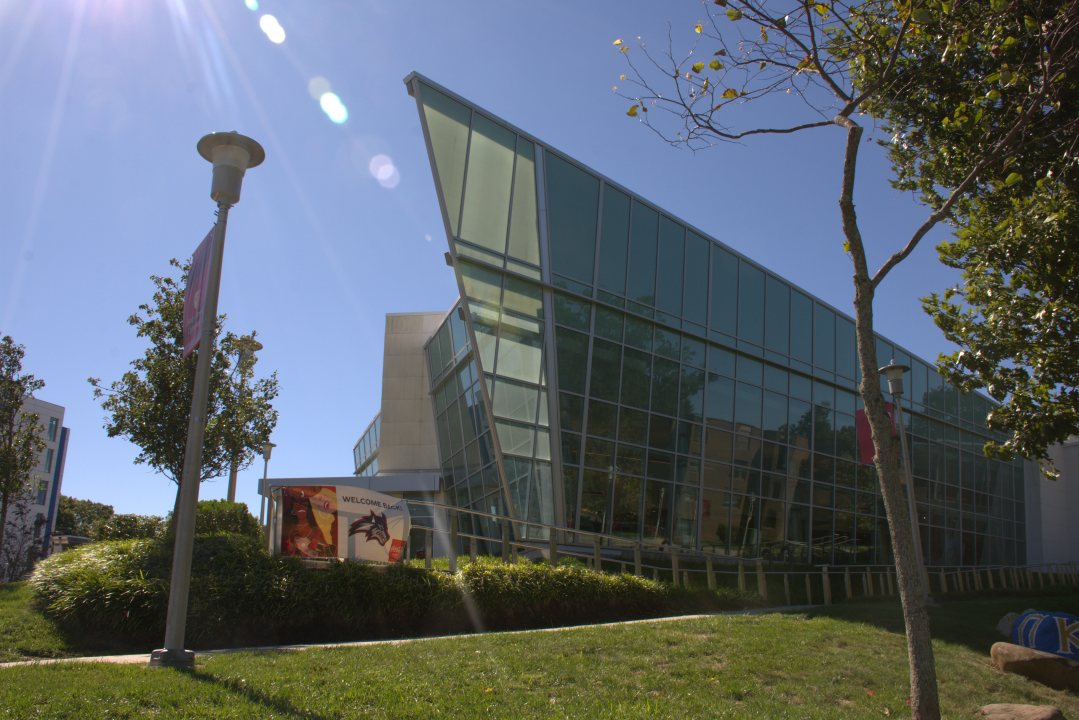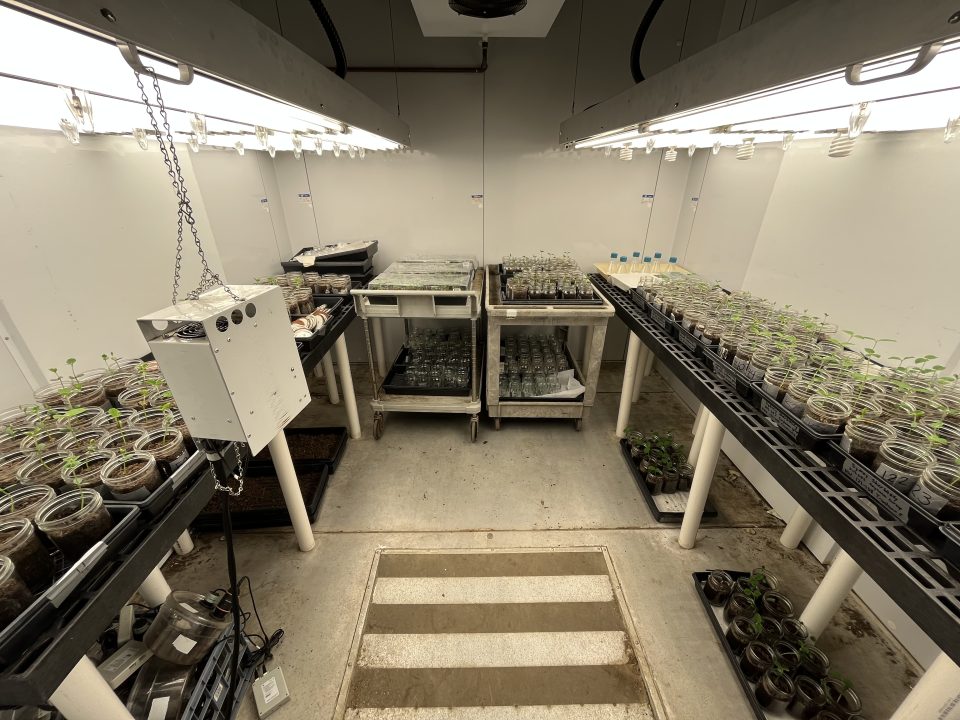
A Stony Brook University junior is developing and optimizing algorithms that construct “fairer” electoral districts in the United States.
Gilvir Gill, who double majors in computer science and mathematics with a minor in political science, was named the Undergraduate Research and Creative Activities’ (URECA) February Undergraduate Researcher of the Month for his work in PoliTech, a multidisciplinary research team that specializes in political informatics. His role in the group entails visualizing PoliTech’s redistricting system so that the group can evaluate U.S. electoral districts over time. Redistricting is the process in which a state redraws its electoral district based on new population counts after the census.
“I was more surprised than anything,” Gill said in reaction to the award. “I feel like I haven’t done enough to deserve it, but then again, imposter syndrome might just be playing a part in that.”
Dr. Robert Kelly, the PoliTech team’s faculty leader, works closely with Gill. He said that the long-term goal of the group’s research is to make the information available to help government agencies build an analytical foundation for proposed judicial and legislative alternatives.
“There’s one big project which involves automated redistricting,” Kelly said. “But if you look at the problem, you can break out the problem in a lot of different ways. So what we do is to break it out into areas like algorithms and software.”
Kelly said that the PoliTech team’s research can help to solve the political issue of gerrymandering, or the practice of redistricting to benefit a particular political party in elections.
“What happens then is that elected people realize that their power doesn’t come from people — it comes from the politicians who are drawing the districts,” Kelly said. “They know that the next time that districts are redrawn, they could be out of power. So essentially, you now have politicians who are working for their party and not working for the people.”
Gill explained that part of his role requires him and his colleagues to view their work without acknowledging their own biases.
“We’re supposed to objectively look at the problems and consider how we can use computers to improve that process,” Gill said.
The disparities in congressional districts across the United States motivated Gill to pursue this line of work.
“Something that really stood out to me in high school government classes was how ridiculously unfavorable to one party the districting in North Carolina was,” Gill said. “Like, wait, I thought we were supposed to be a democratic country? Above all the other issues, if we can’t get voter representation because people find the way to gain the system, that doesn’t seem fair.”
Kelly said that Gill’s deep interest and understanding of the aforementioned topics made him fit in well with the PoliTech team and coincided with his willingness to include his colleagues in the project.
“The more he’s worked on it, the more he’s transitioned from what I would call excellent software development work into research,” he said.
This research has resulted in not only Gill’s success but also that of his entire team. Gill is a team coordinator for PoliTech and one of its oldest members since it was established in the spring of 2019 as a part of the Vertically Integrated Project (VIP) initiative. Gill emphasized the large impact that his team has had on his and PoliTech’s research.
“Sometimes, you get a student who can do all that, but they like to do it on their own,” Kelly said. “He loves to involve the other students. And I can tell that the other students love working with him. I mean, just, you get that sense of it. I love working with him.”
Dr. Klaus Mueller, one of Gill’s computer science professors, expressed a similar attitude about his ability to benefit everyone with whom he works with.
“Gilvir is certainly a commanding voice on the team, an inspiration for others,” he said. “He is making a real difference and I think he has a great career ahead of him.”
In terms of the PoliTech team’s future, Kelly said that he wanted to continue to encourage students who were conducting research within the team to publish their findings internally. The plan is to make the system that they are working on publicly accessible in the future while keeping the code private to maintain confidentiality.
In addition to pursuing his Ph.D., Gill intends to continue working on projects like PoliTech.
















